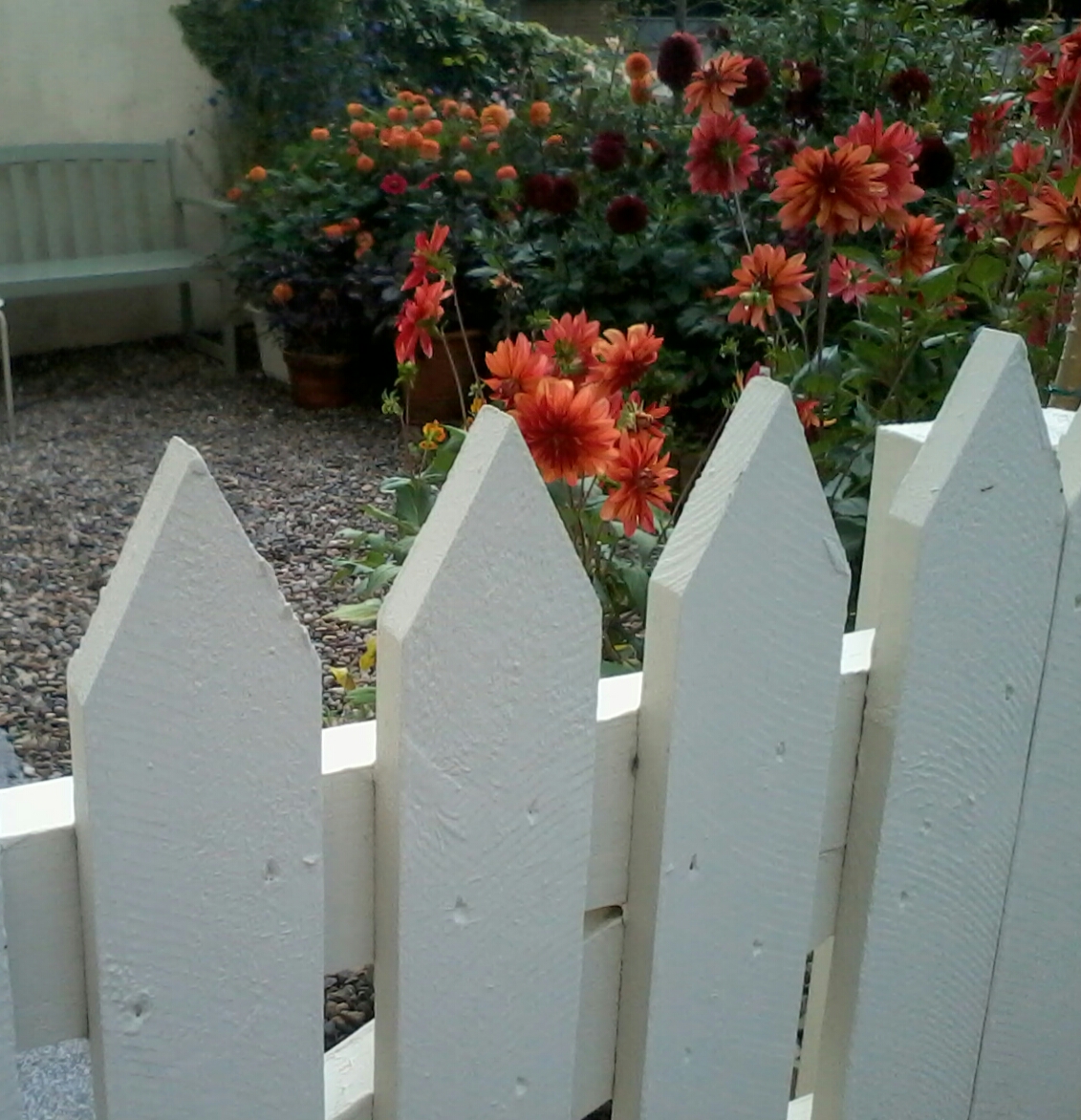Setting Boundaries
Whatever size your garden is, there will be some sort of boundary separating it from the world outside and the boundary has an important role to play in a number of ways. In towns and cities we need to enclose our own space and create a private area outside our homes for our own personal use, and in more rural areas with larger gardens the boundaries may be further away from the house itself, but still have an important role to play in the design of the garden.
A secure boundary is usually the first consideration, to keep small children and pets safely inside the garden, and unwelcome intruders out – these may be of the two legged or four legged kind, and any country dweller who’s had an unscheduled visit from an escaped herd of livestock will know just how much damage they can do in a very short time.
The choice of boundary also plays an important role in the garden design. In a town garden where space is limited, a poorly planned boundary can make you feel hemmed in and often isn’t adequate to ensure a comfortable feeling of privacy. Clever design can make a world of difference here. The use of climbing plants can help to soften the starkness of walls, while introducing changes of level, for instance in the form of raised beds, reduces the stark contrast between a small, flat space and a high boundary wall. Adding height to the internal layout also helps encourage the eye to linger on interesting features within the garden itself rather than the four walls enclosing it.

Climbing plants like clematis make use of vertical boundaries
In larger gardens, particularly in less built up areas, the boundary can play a role in helping the garden to blend in with the surrounding area, especially if there are views of countryside beyond. Sometimes the challenge here is to provide a sense of enclosure and indeed shelter when needed, without completely screening attractive views that you want to hang on to. It’s a lot to think about!
This article was first published in The Galway Advertiser in March 2018.


